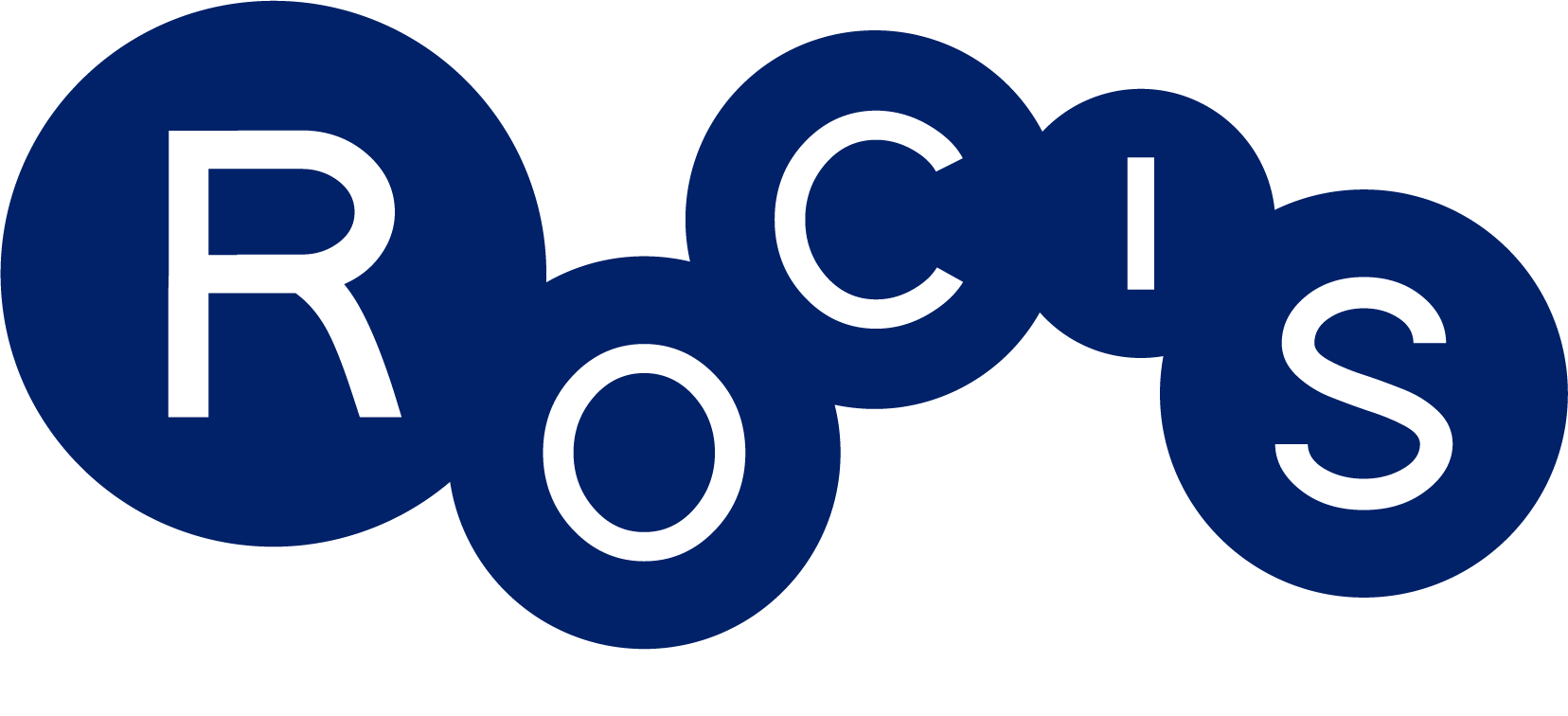The LCMP Cohort 64 starts soon!
Learn how to join this free program:
Low Cost Monitoring Project (LCMP)
What is the LCMP?
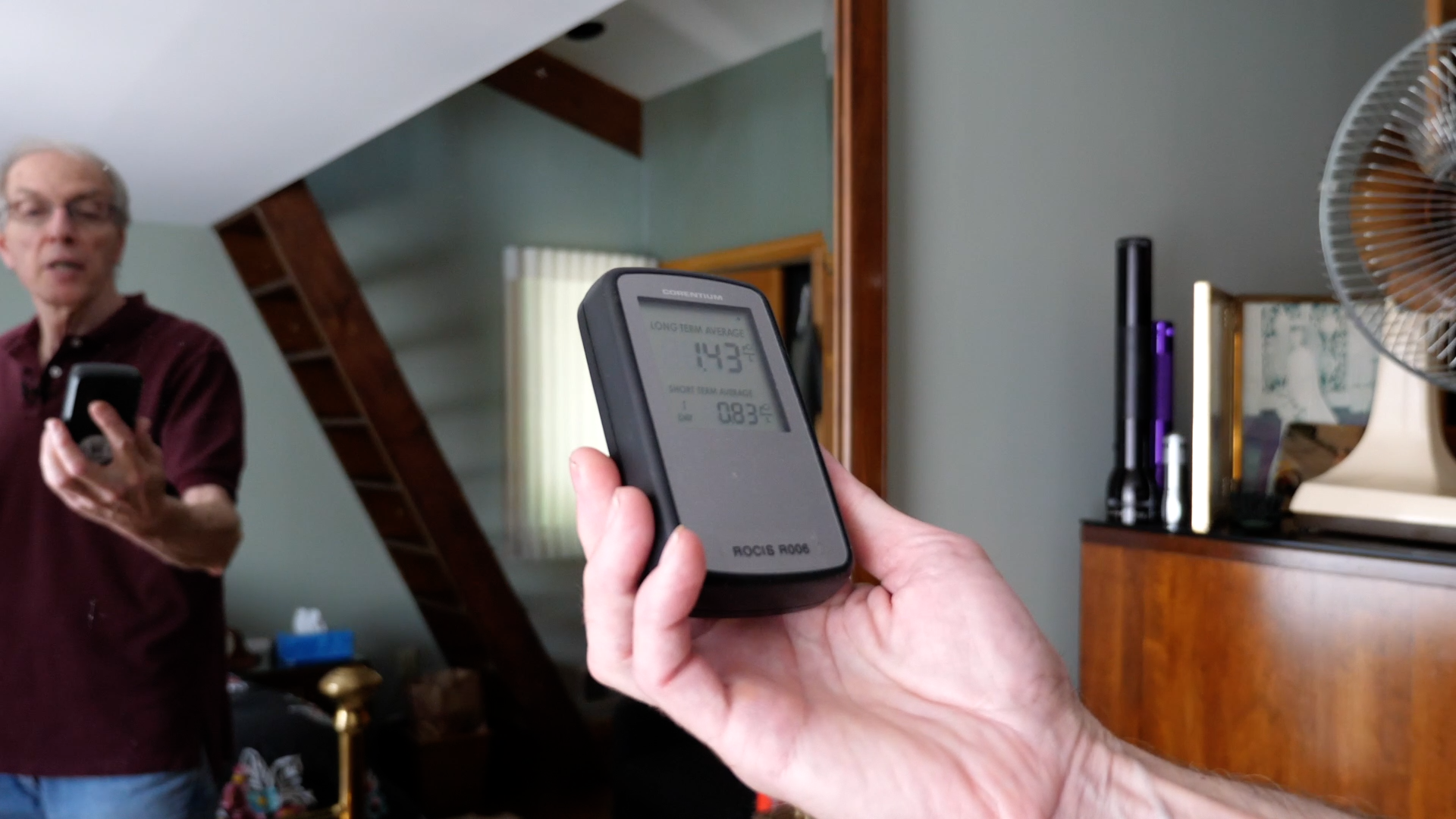
The Low Cost Monitoring Project (LCMP) is a free program that uses low-cost monitoring devices to address indoor air quality.
We invite anyone who might be interested in joining LCMP to attend a webinar to introduce the program and answer questions about monitoring and improving indoor air quality. After the webinar, you can decide whether you want to become part of our next cohort.
When’s the next webinar? Find out.
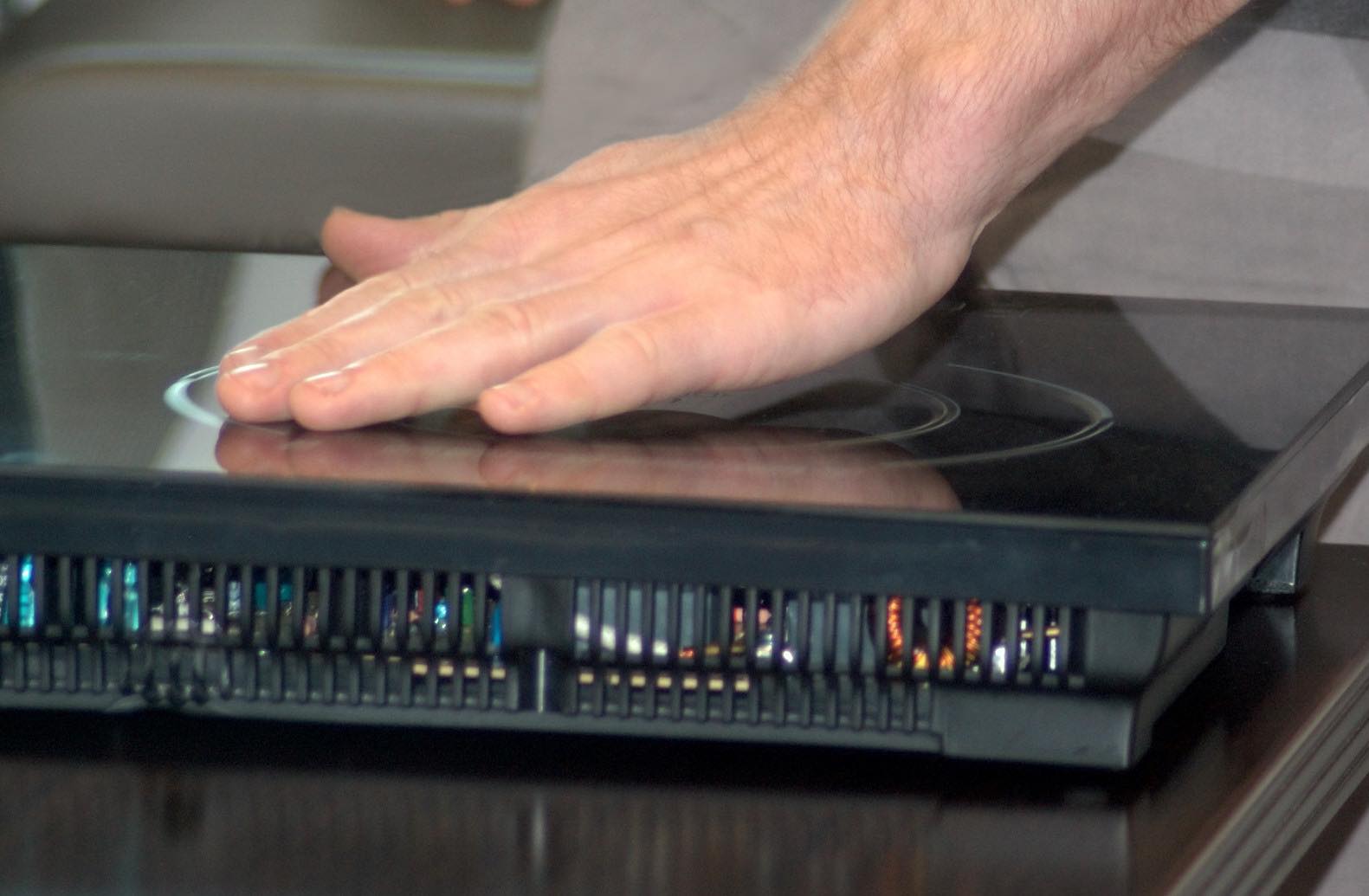
Participants in each LCMP cohort—most of whom are residents of Southwestern Pennsylvania—receive a loaner kit of 7 devices that measure indoor and outdoor particles, CO (carbon monoxide), CO2 (carbon dioxide), radon, temperature, and humidity. Kits are delivered to your home (or sent through the mail if you live outside of the area). ROCIS will guide you in the usage of the monitors and help make sense of the information that comes rolling in.
Over the course of four weeks, the ROCIS monitors gather data about the air inside and outside participants’ homes. During this period, LCMP participants can test the effectiveness of ROCIS-loaned equipment, including an induction stovetop and/or DIY filter fans.
ROCIS supports each cohort of participants with virtual educational sessions about air pollution, tools for managing and interpreting data, and targeted suggestions for how to improve the air in the places they live and work. These online sessions cover a wide range of topics including:
- Accessing and interpreting air quality monitoring results
- Behavioral and technical interventions to improve indoor air quality
- Implications of local ambient air quality—and the tools to track outdoor air quality
- Health impacts of poor air quality
We’re proud to say that our LCMP participants tend to become champions for clean air. Once you know the impacts of air pollution and have the tools to do something about it, it is hard to go back. It’s amazing what a little knowledge can do!
Watch the Clean Air Chronicles to hear about the experiences of past LCMP participants.
Participation is
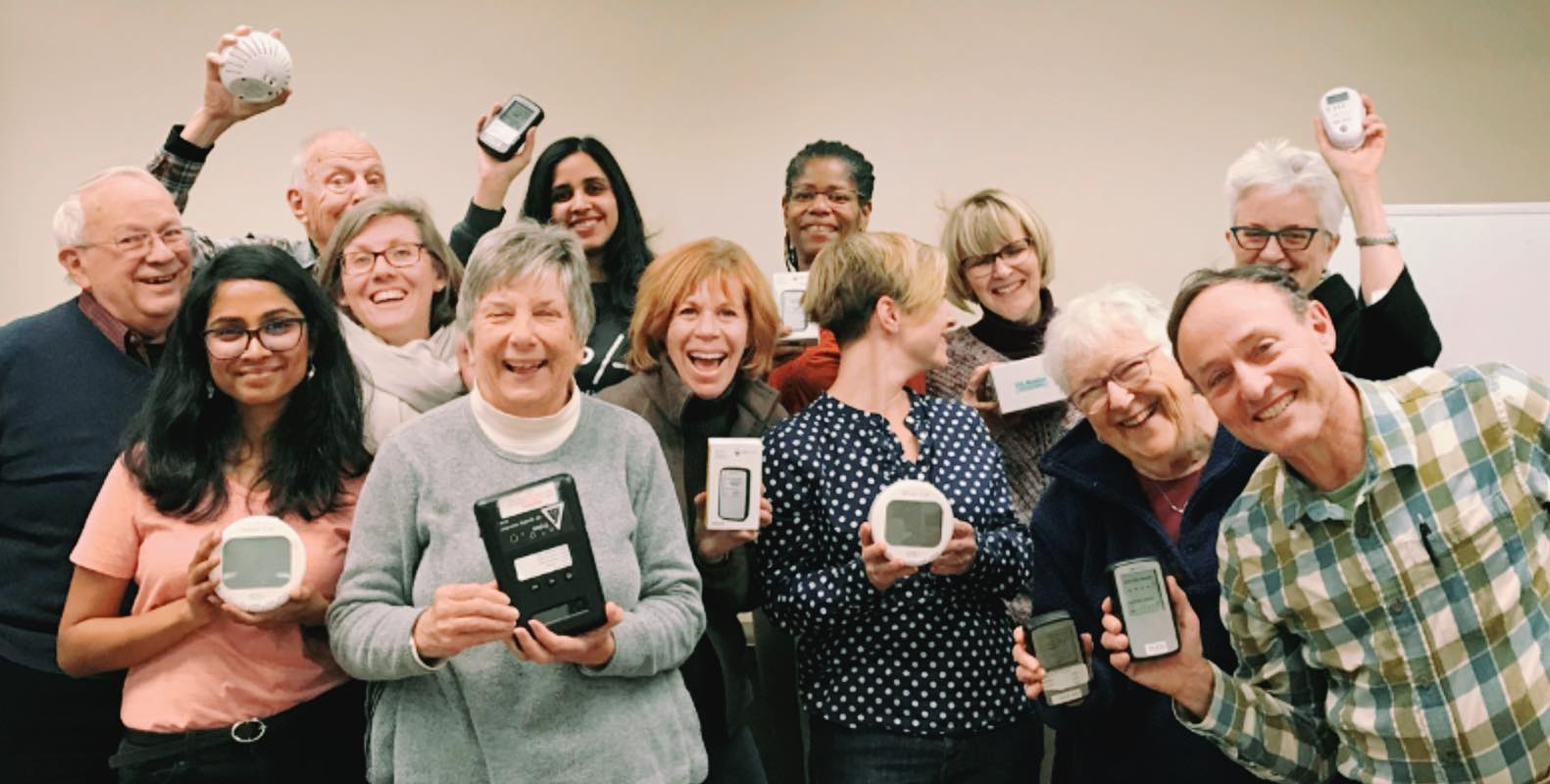

The LCMP objectives are to:
Explore the impacts of outdoor pollution on indoor air
Discover how air monitors empower occupants
Employ interventions to improve indoor air quality
Develop and support champions for healthy indoor environments

Participate in the Low Cost Monitoring Program
Now is the perfect time to learn about outdoor and indoor air pollution and the opportunities for improvement in your living space. Whether you are a resident, a homeowner, or just someone who cares about air quality in your home or community, you’ll benefit greatly from the LCMP.
To date we have had over 500 individuals participate in the program.
Cohorts run throughout the year!
Participation is FREE, and the whole family is welcome to participate in our online cohorts. We can accommodate a limited number of folks outside of Southwestern Pennyslvania in each virtual cohort.
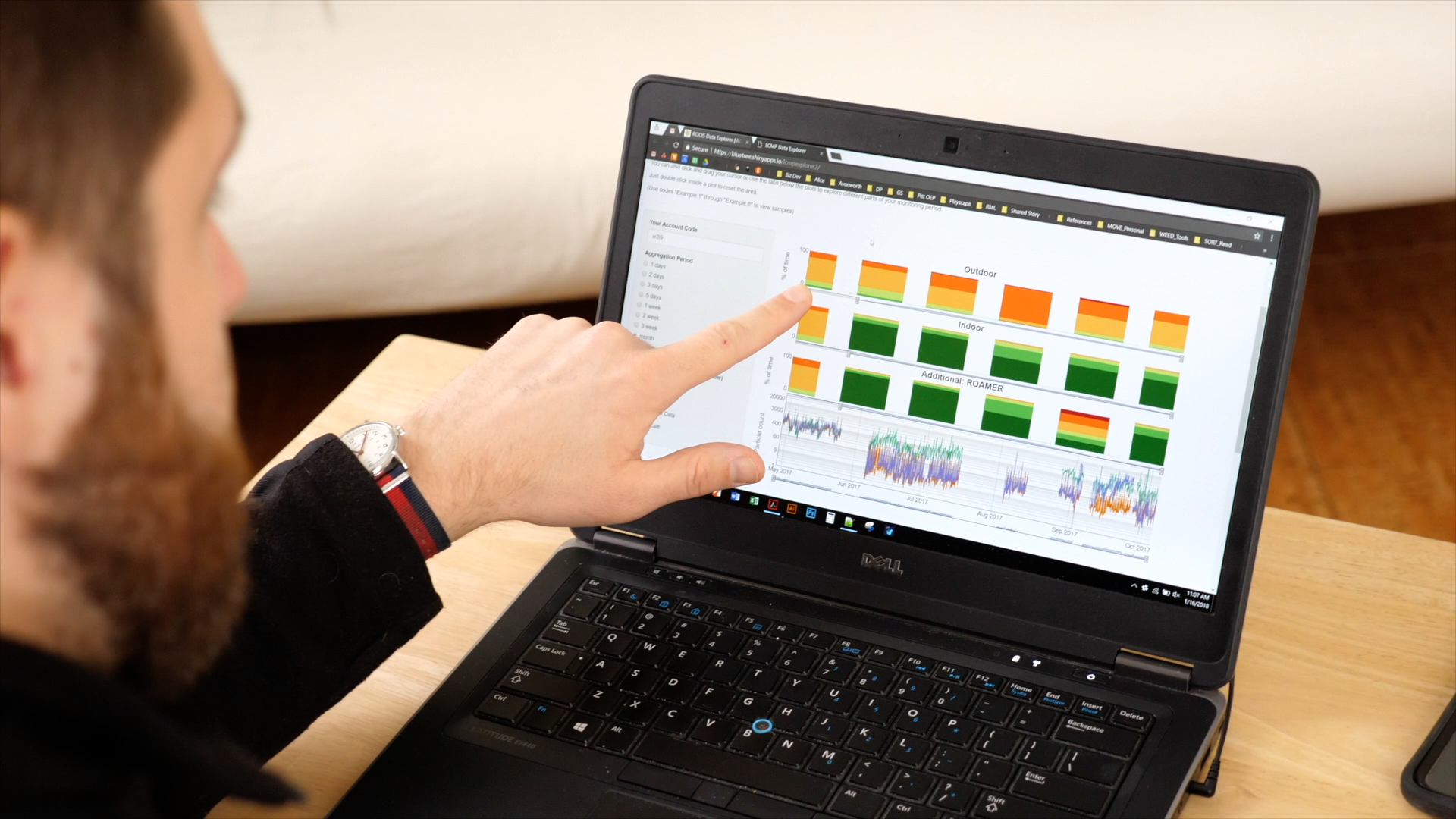
Want to join our next virtual cohort?
For questions:
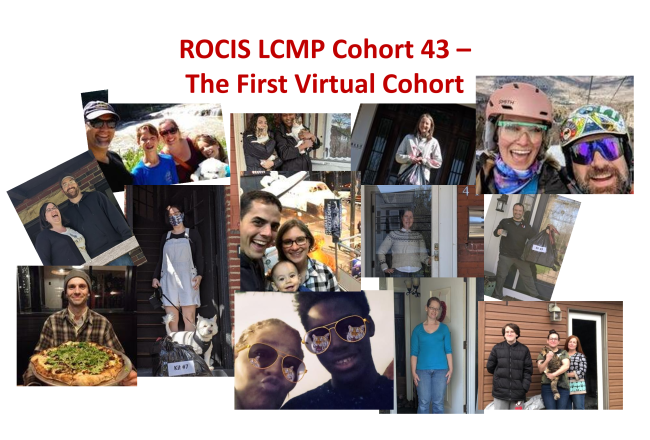
Why Virtual?
No travel requirements
All meetings are online!
A limited number of folks outside of southwest PA can participate in this cohort.
Flexible meeting times
Two weekly online meetings, each with the option of attending in the daytime or evening.
Shorter and more frequent meetings
Each meeting is 75 minutes
Opportunity for more household members to participate
Kids are welcome!
LCMP Testimonials
The ROCIS Low Cost Monitoring Project is full of success stories.
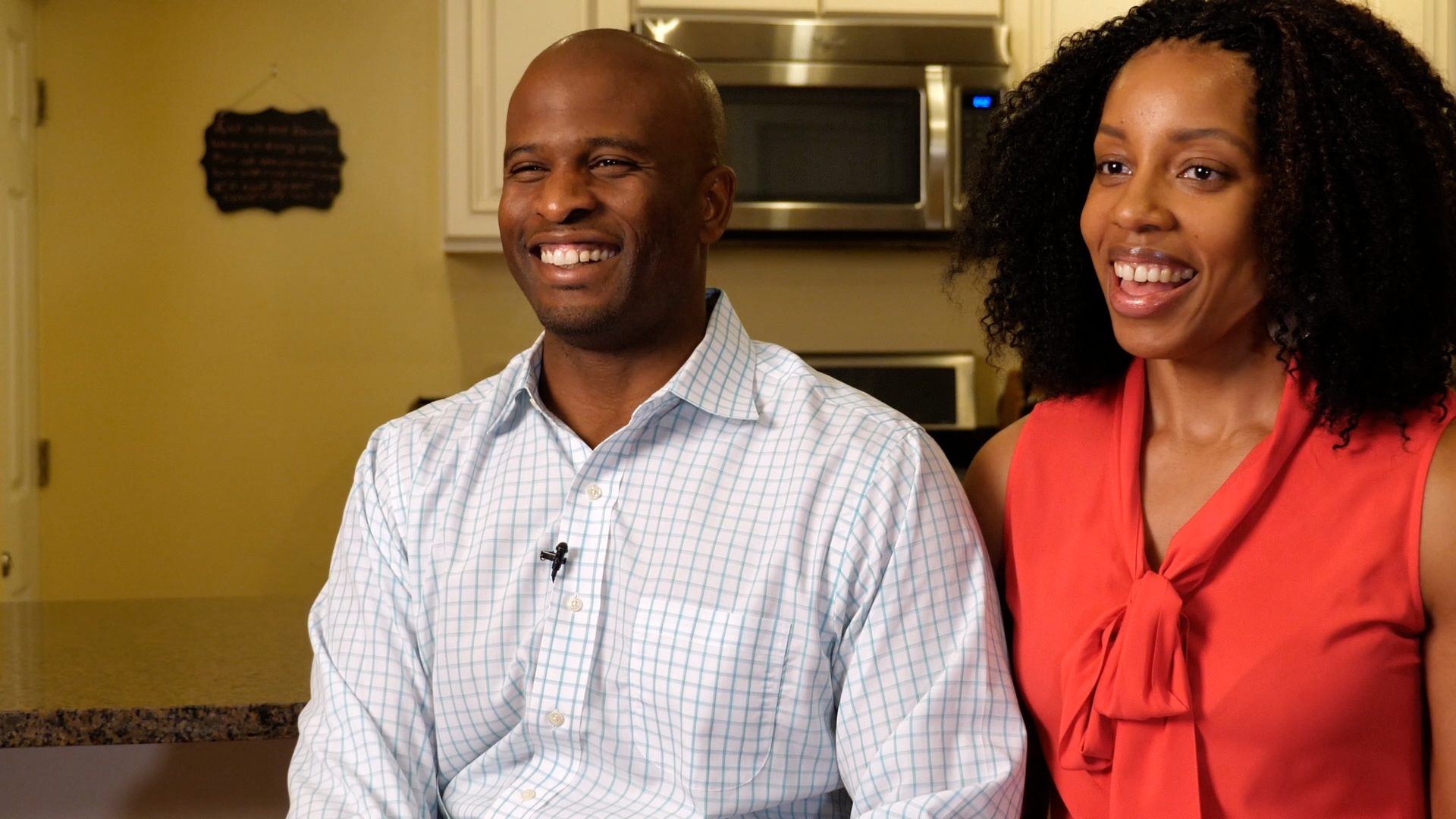
Sample LCMP Cohort Schedule
The virtual format has increased the convenience of participating in the LCMP. For each month-long cohort, the ROCIS team hosts two weekly online meetings, each with the option of attending in the daytime or evening. Participants learn how to use the monitors and make sense of the data.
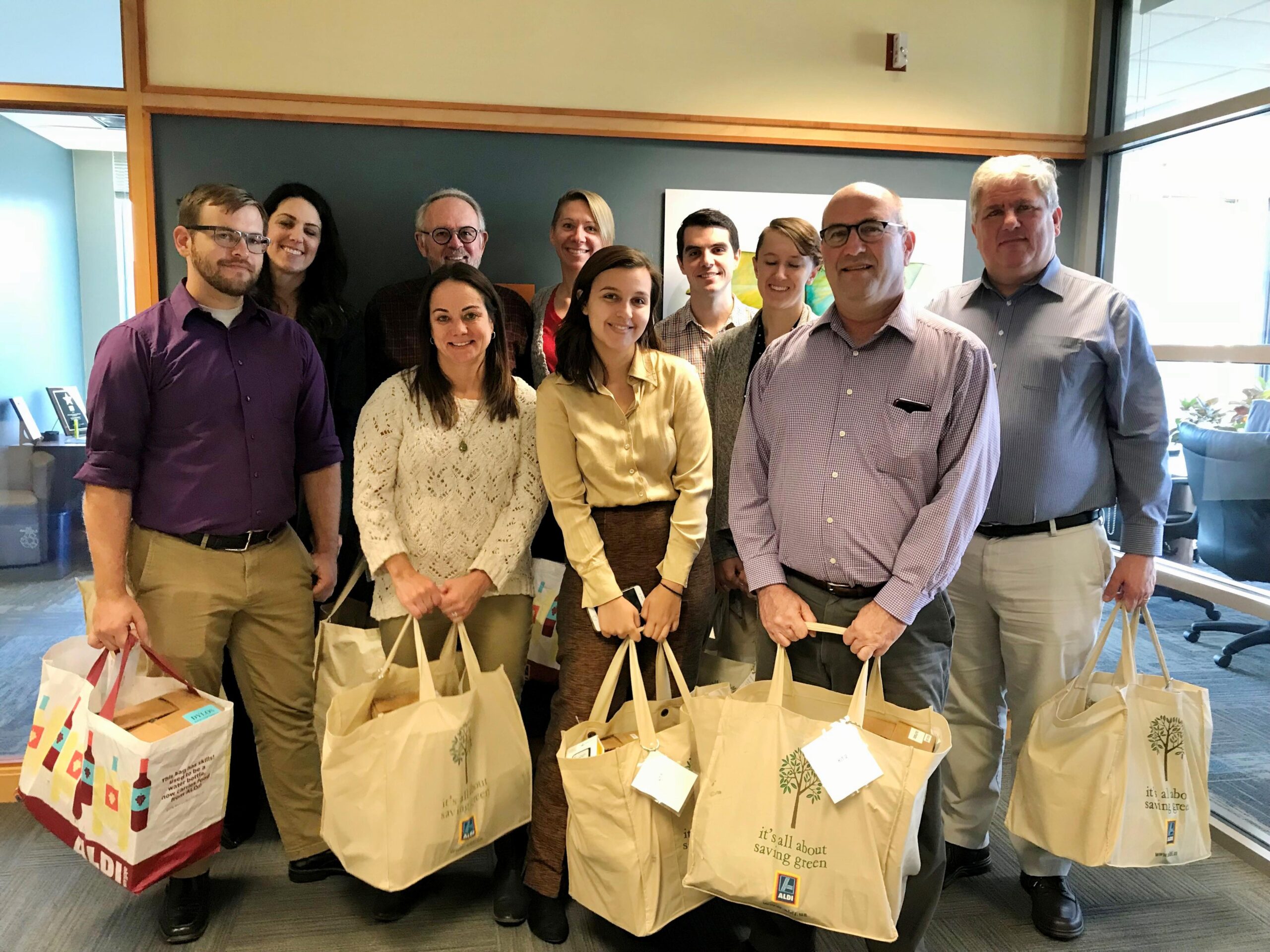
Cohort Schedule & Topics
Intro Webinar**
Session 1: Cohort Kick-off**
Session 2: Check-in
Session 3: Dylos Data Downloading**
Session 4: What are “Good” Numbers?
Session 5: Filtration Interventions**
Session 6: Behavioral Interventions
Session 7: Access to Online Resources
Session 8: Health Impacts of Particles and Your Questions
Session 9: Wrap-up Meeting and Close**
** Indicates required sessions. To gain the full value of participating, attendance at all meetings is recommended.
LCMP Resources
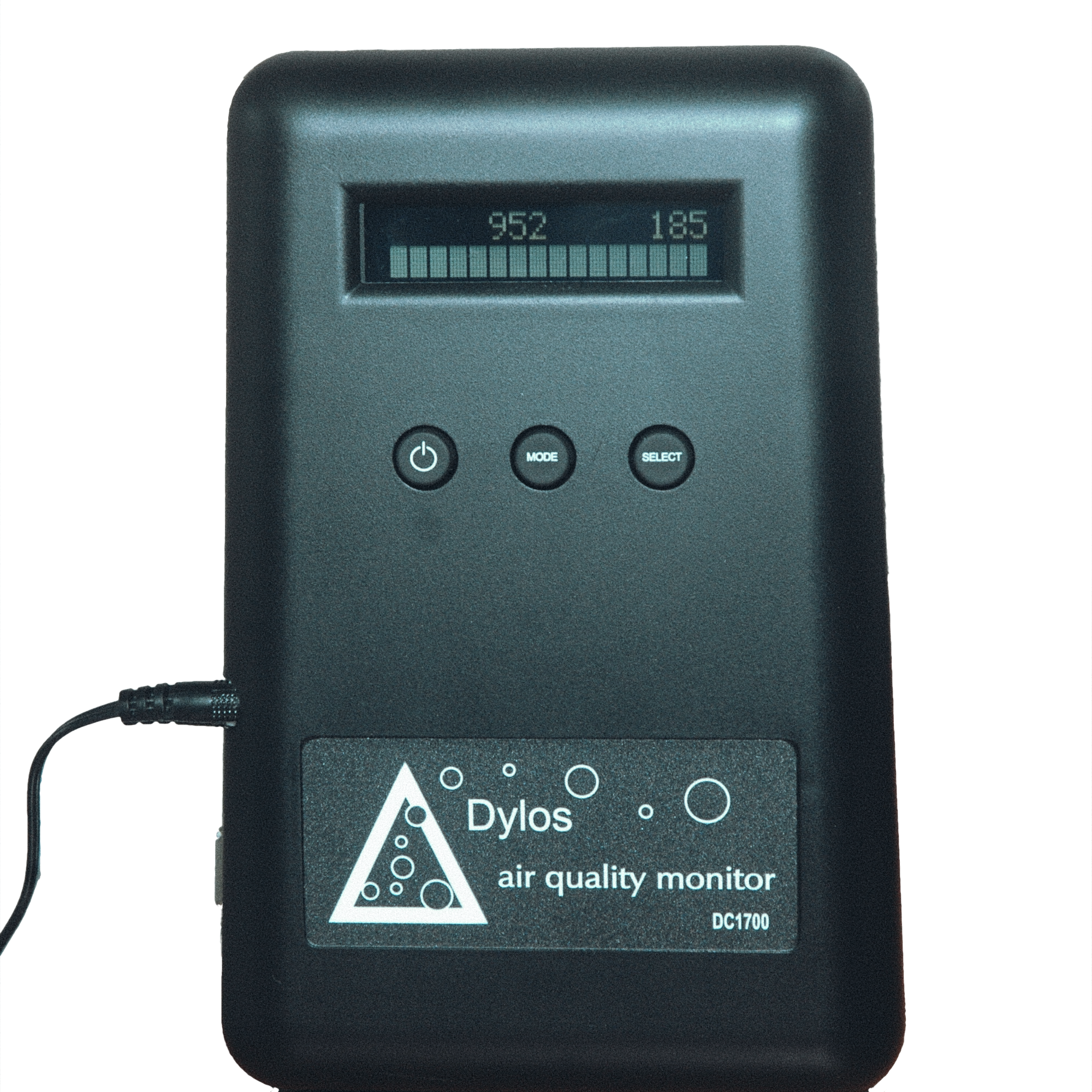
Low Cost Monitoring Project Champion Susan on Outside/In Radio
Susan Scott Peterson, a past LCMP participant, sat down with Outside/In Radio to talk about her experience joining an air monitoring cohort and all that she learned in the process. The program aired on PRX in early June 2021.
Indoor Air Quality and Health - Presentation
One Health One Planet™ Symposium:
One Health and the Air We Breathe
Phipps Conservatory, October 19–23, 2020
